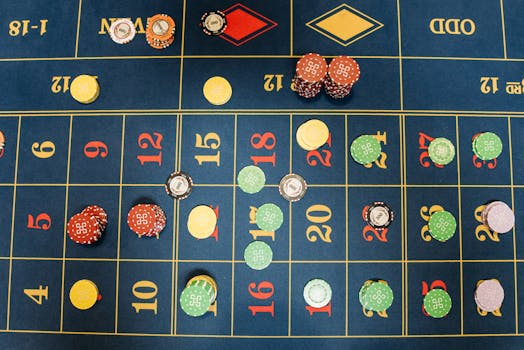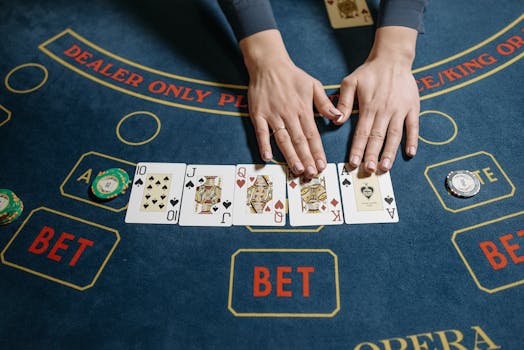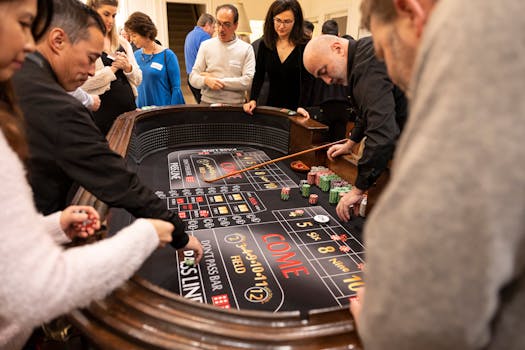The Truth About Probability Theory in Casino Operations
When you step inside a casino, every sight and sound is a carefully crafted experience designed to keep you entertained and engaged. But underlying this spectacle is the rigorous application of probability theory, the mathematical backbone that ensures casinos stay profitable. In this article, we dive into the truth about how probability theory is used in casino operations, exploring different approaches, their benefits and drawbacks, and practical examples of each.
Understanding Probability Theory in Casinos
Probability theory is the branch of mathematics that deals with the calculation of likelihoods or probabilities of various outcomes. In casino settings, this theory is crucial for determining the house edge on games, which is the statistical advantage that the casino holds over the players. This edge ensures that, while players may win in the short term, the casino profits in the long run.
Key Approaches to Probability in Casino Games
Casinos use several approaches to apply probability theory, each serving a different purpose in gaming operations.
Game Design and Rule Setting
One primary application of probability theory is in the design of games and the setting of rules. Games are crafted with inherent probabilities that favor the house. For example, the American roulette wheel includes 38 numbers, including a 0 and 00, which increases the house edge compared to the European version, which only has 37 numbers (one 0).
Advantages:
- Ensures predictable long-term profits for casinos.
- Allows for a diverse range of games catering to different player preferences.
- Can deter players seeking fairer odds, as some may opt for games or venues with better player odds.
- Protects the financial stability of the casino.
- Prevents manipulation and ensures fairness in gaming operations.
- Betting limits can frustrate high rollers, who may seek other venues without such restrictions.
- Enhances customer satisfaction through personalized experiences.
- Increases player loyalty and repeat visits.
- Raises concerns about privacy and the ethical use of data.
- May lead to increased gambling problems among susceptible individuals.
Disadvantages:
Risk Management
Casinos also use probability theory to manage risks associated with large bets and potential payouts. By understanding the probabilities of game outcomes, casinos set betting limits that prevent enormous losses that could occur from highly unlikely, yet possible, winning streaks.
Advantages:
Disadvantages:
Player Tracking and Reward Programs
Modern casinos employ sophisticated data analytics to track player behavior, using probability theory to tailor incentives and rewards. By analyzing the likelihood of player actions, casinos can offer personalized promotions that encourage further play while maximizing profitability.
Advantages:
Disadvantages:
Practical Examples of Probability in Action
A practical example of probability theory in action can be seen in slot machines. Each machine has a programmed payout ratio, usually around 90-95%, determined by the game's software. This percentage represents the theoretical return to player (RTP) over the machine's lifetime and is a direct application of probability calculations ensuring the casino retains a small percentage of all money wagered.
Another example is blackjack. By employing basic strategy, players can reduce the house edge to as low as 0.5%. This strategy is based on probability theory, analyzing the dealer's visible card and the player's hand to determine the most statistically advantageous action.
Conclusion: The Role of Probability in Casino Success
Probability theory is indispensable in casino operations, ensuring profitability while offering a fair and regulated environment for patrons. Understanding how casinos use probability can enhance player awareness and decision-making. Whether you're a casual player or a serious gambler, recognizing the role of probability in casino games can help you manage your expectations and betting strategies more effectively.
For those interested in further exploration of this topic, resources like the American Statistical Association (www.amstat.org) offer additional insights into the application of statistics and probability in gaming.
Remember, while casinos use probability to ensure their long-term profitability, the outcome of any single game session is never guaranteed. Always gamble responsibly, knowing that the odds are, by design, not in your favor.

.png)





